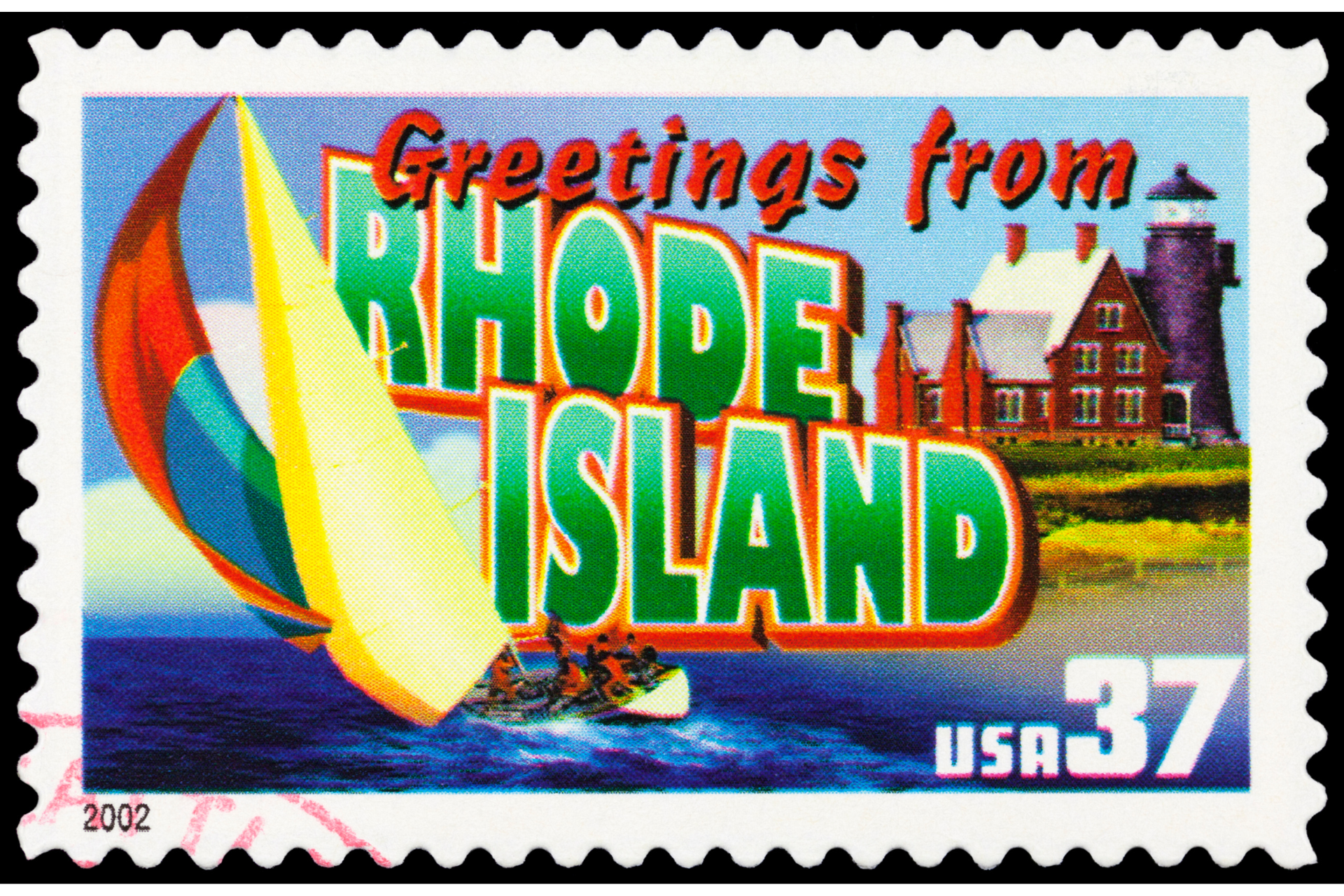On Monday, Puerto Rico celebrated the 71st anniversary of the ratification of its constitution. As previously reported in the Puerto Rico Report, while Governor Luis Muñoz Marin formally proclaimed a new “Constitution of the Commonwealth of Puerto Rico” in 1952, nothing about Puerto Rico’s Constitution changed its relationship with the United States as a U.S. territory.
The 1952 Puerto Rico Constitution: A New “Commonwealth” in Name Only
Seventy-one years later, Puerto Rico’s label as a “Commonwealth” continues to be a flashpoint for controversy. Evidence of this fact can be found no further than statements by the President of the Puerto Rican Senate, José Luis Dalmau, who announced on Monday that he will seek to include a “new commonwealth” option among the ballot choices contained in the Puerto Rico Status Act, legislation currently pending before the U.S. Congress that would, if enacted, set the structure for a new vote in Puerto Rico to permanently end the U.S. territory’s status.
As currently drafted, the bill presents local voters with a choice between statehood or independence, along with a variation of independence called “free association” under which, as it is practiced with three tiny Pacific Islands today, the U.S. would retain authority over the military and national security of Puerto Rico but Puerto Rico would likely retain minimal federal programs, such as the U.S. postal service and U.S. weather service. U.S. citizenship would eventually end, but the new citizens of the nation of Puerto Rico could possibly study and work in the U.S. without a time limit. The exact details of such an arrangement would have to be approved by the U.S. as well as Puerto Rico, as two separate countries.
“The new Commonwealth of Puerto Rico will be united to the United States through a formal pact of political autonomy,” Dalmau explained, as reported in El Nuevo Dia (translated from the original Spanish statement). This pact, he elaborated, would grant Puerto Rico the power to cherry-pick which U.S. federal laws would apply or not apply to Puerto Rico, and “establish, as a public policy of the United States, that any modification to the relationship between both peoples must be approved by the people of Puerto Rico through a referendum,” essentially handcuffing the U.S. government to any initial agreement.
Former Puerto Rico Speaker of the House and New Progressive Party (PNP) leader José Aponte did not mince his words in response, stating that Dalmau’s proposal has “no logic whatsoever.”
“On the one hand, they tell the federal government, ‘give me a permanent union, full citizenship, funds,’ but [on the other hand], I decide which federal law applies to me and which does not,” he explained. The credibility of such a proposal is so strained, he said, that its true intent must be simply to freeze public discussion.
Congress has considered similar “new Commonwealth” proposals over several decades, labeling these plans “a letter to the three kings or Santa Claus,” in the words of Puerto Rican-born Congressman Jose Serrano, or a “free beer and barbeque option,” according to prominent members of the Senate Energy and Natural Resources Committee, which has jurisdiction over Puerto Rico and the other U.S. territories.


